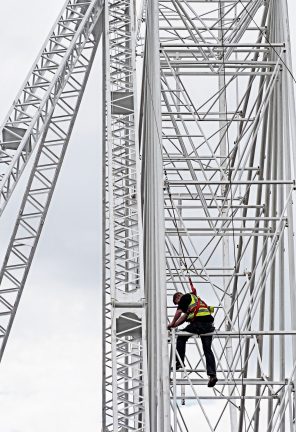April 12, 2020
You do not have to record possible COVID-19 infections on OSHA 300 logs unless the known or reasonably ascertainable facts demonstrate:
(1) the worker has a confirmed COVID-19 case;
(2) the confirmed COVID-19 infection is work-related (i.e. the infection occurred at work); and
(3) the work-related COVID-19 infection resulted in lost work days, restricted duty, death, or medical care beyond first aid.









